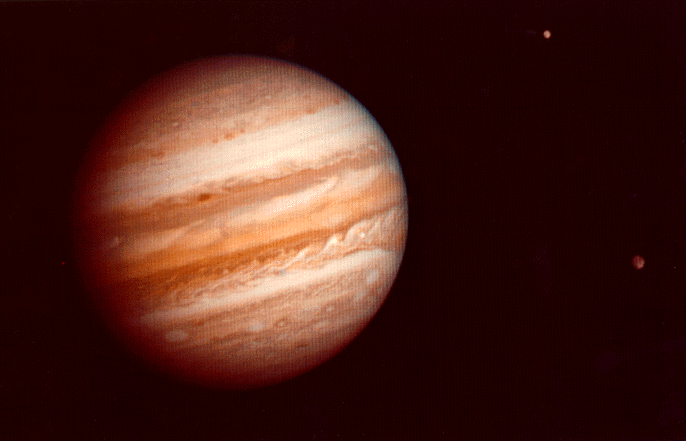
PHILOSOPHY OF NATURE
AN INTRODUCTION
Philosophy 170
GEORGE L. FARRE
Fall 2000

Texts: (1) Donald Gillies: Philosophy of Science in the twentieth
century: Four Central Themes. Oxford: Blackwell
(2) Papers
by P. Anderson; H. Atmanspacher; G. Farre; O. Rossler; S. Schweber;
A. Shimony
This course is best described as a philosophical
examination of the representation of nature that
emerges from the scientific enterprise, and of
the effects of our modes of conceptualization on it.
Particular attention is given to its developments
in the twentieth century, up to and including its
revolutionary present. This being a course in
philosophy rather than in science, the focus is
primarily on the assumptions that underlie scientific
research, the role that observation plays in
its articulation, and the kind of problems that
are inherent in the manner in which it proceeds.
Among the topics addressed are the following:
(a) Cosmic Evolution and its characteristics, (b)
Energy and its modalities; (c) Natural Systems
and their hierarchies; (d) Observations and the
Epistemic Domain; (e) The Mind; (f) Social systems.
Each of the topics will be examined first
as it appeared in the modern tradition, then
how it is understood in the present scientific context,
and finally what its implications are for our
conception of the whole of nature. The course begins
with an introduction based on readings taken
from Gillies’ text. Readings for each topic will come
from the recent literature.
While this course does not presuppose any specific
knowledge of science, a passing acquaintance
with some of it should prove beneficial. The
chief prerequisite for the course is the ability to read
and to write analytically and critically.
One or two written reports will be required on
selected readings; and a term paper will be due at
the end of the course, on Friday December 10th.